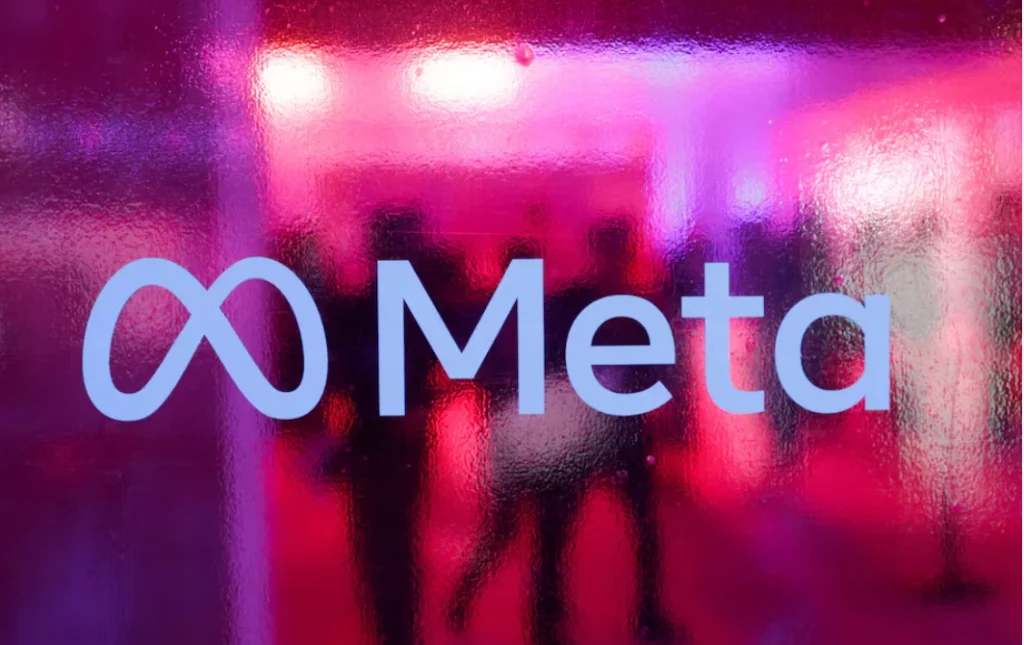Two former Meta researchers, Cayce Savage and Jason Sattizahn, told the Senate Subcommittee on Privacy and Technology that the company ignored or shut down internal research showing children were exposed to harmful content, including sexually explicit material, bullying, and harassment on its VR platforms.
Savage testified that Meta “cannot be trusted to tell the truth about the safety or use of its products,” claiming the company deliberately avoided investigating child safety risks to maintain deniability. She cited cases where children were sexually assaulted, bullied, and asked for nude photographs while using Meta’s VR systems.
The allegations follow a Reuters investigation, which revealed internal documents showing that Meta chatbots were permitted to “engage a child in conversations that are romantic or sensual.” Senator Marsha Blackburn questioned Sattizahn about the revelations, asking whether such behavior from Meta’s systems was surprising. “No, not at all,” he replied.
Meta, however, rejected the accusations. Company spokesperson Andy Stone said the claims were based on “selectively leaked internal documents crafted to create a false narrative,” adding that there was never a blanket ban on researching young users.
The whistleblower testimonies have reignited calls to pass the Kids Online Safety Act (KOSA), a bill co-sponsored by Senator Blackburn. Although it passed the Senate last year, it stalled in the U.S. House of Representatives.
With mounting criticism from lawmakers and regulators, Meta is once again under fire for how it balances child protection, platform safety, and profitability in its rapidly expanding VR ecosystem.













